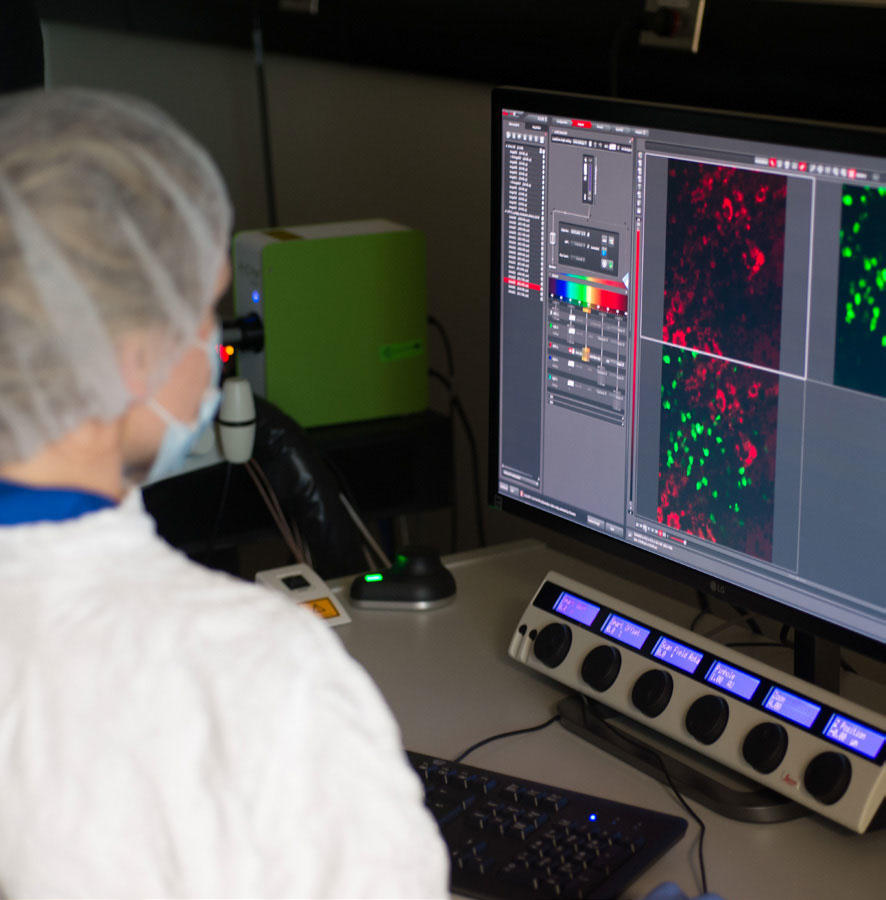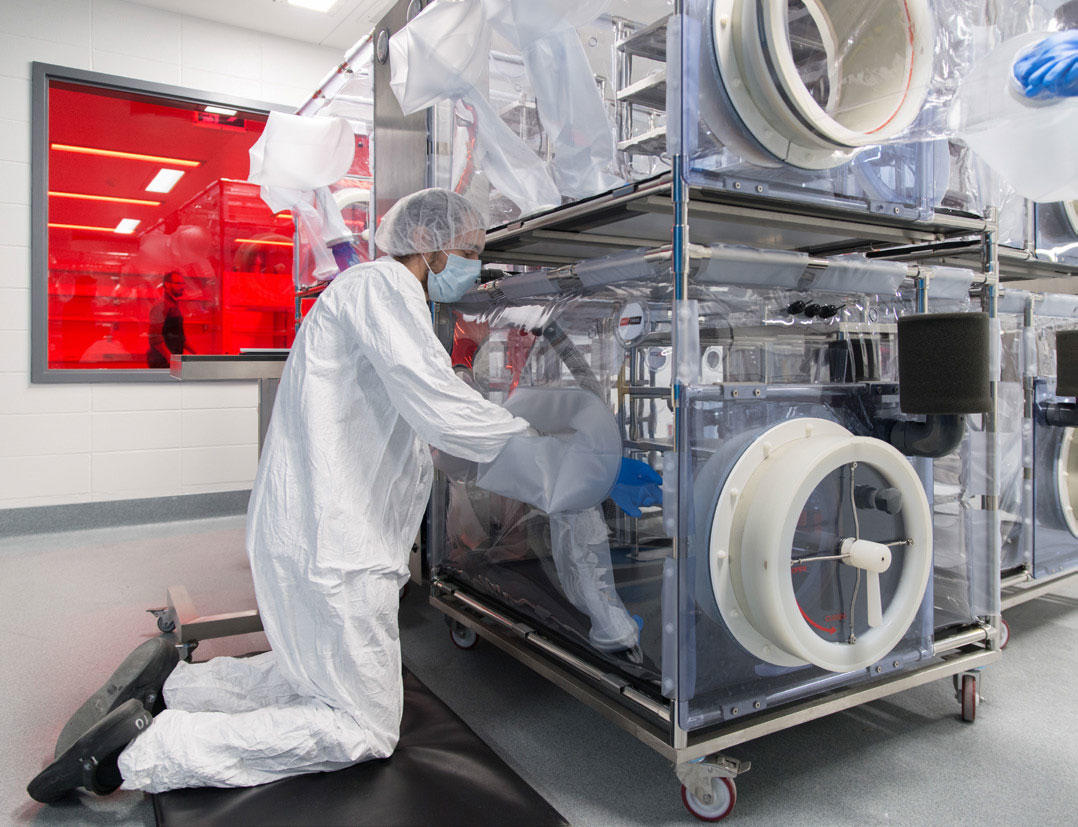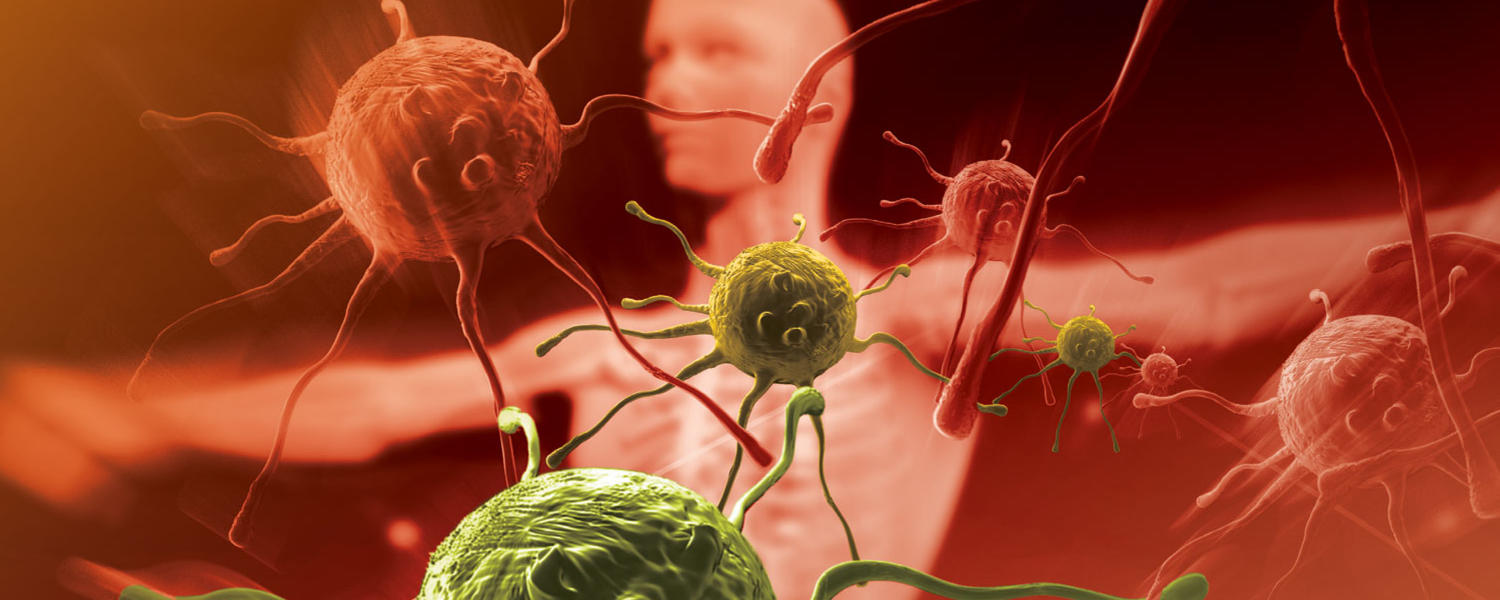
International Microbiome Centre
The IMC at the University of Calgary is a translational research centre, designed to investigate the microbiome of humans, plants, animals, and the physical environment.
The IMC is unique in Canada, with capacity to study the microbiome on a multi-disciplinary scale, and with an emphasis on forming strategic partnerships with government and industry. It is positioned to make significant impacts in the microbiome research landscape that will improve health and wellness for people and animals around the world.
Features
Key differentiators include expertise in and access to:
- Human microbiota, germ-free and gnotobiotic models
- Advanced intravital imaging
- Mass Cytometry
- Cutting-edge technologies in genomics, proteomics, and metabolomics
- Integrated high computational capacity for bioinformatics
- Efficient, accurate, and reputable sample preparation
remove this - make it all one page!!!!
Applied Research Objectives
New diagnostics and therapeutics for human health
Researchers will explore the high rate of mortality and morbidity due to chronic diseases and anti-microbial resistant pathogens, with a goal to deliver new or improved diagnostics and therapeutics.
Nutritional value of food to promote health
Microbes contribute to decreased food quality and decreased food production in Western Canada’s agriculture and livestock industries. Scholars will analyze and manipulate various crop and livestock microbiomes that will allow alternatives to the currently used pesticides and antibiotics for food production.
Biomass energy resources, reduction of carbon emissions and environmental health impacts
Researchers will work with industry partners to explore how microbiomes can convert biomass into alternative energy sources, and to develop specialized microbiomes with biofilms to reconvert CO2 emissions.
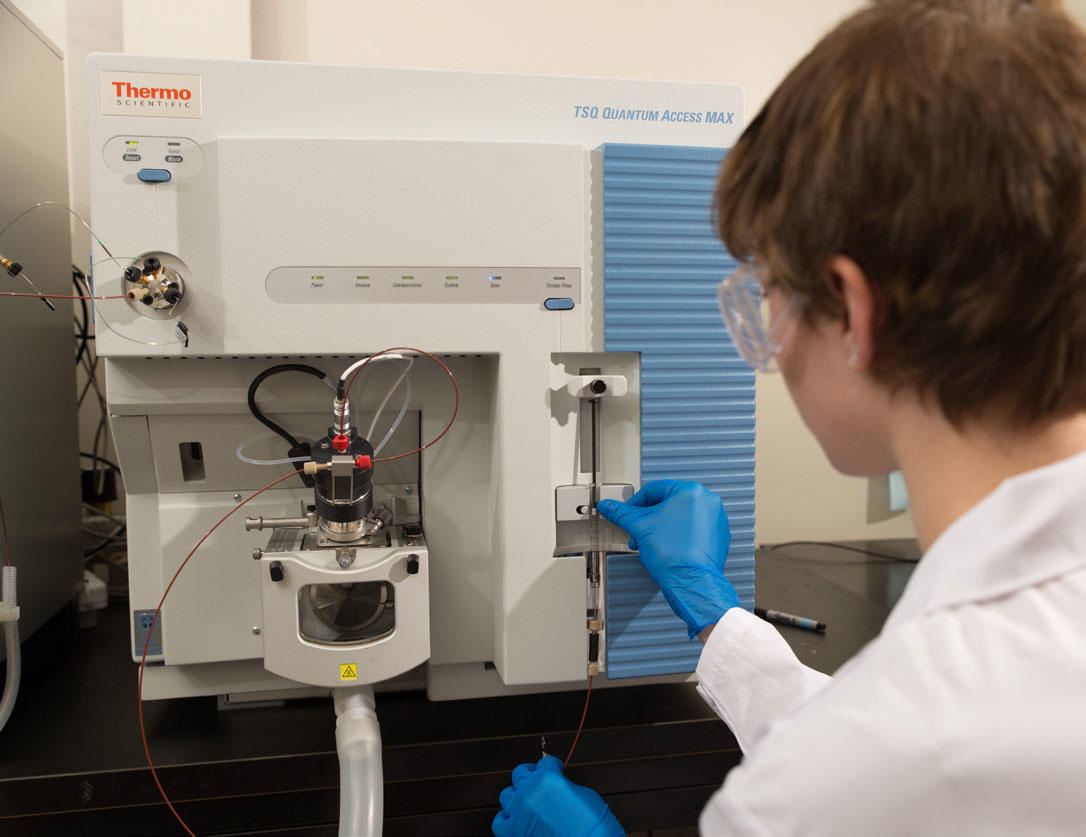
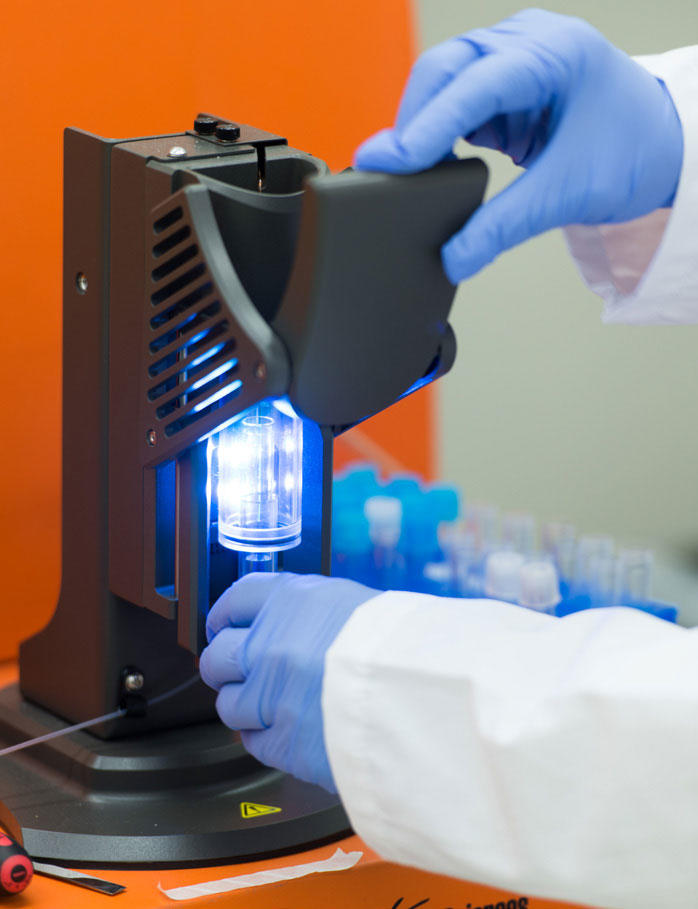
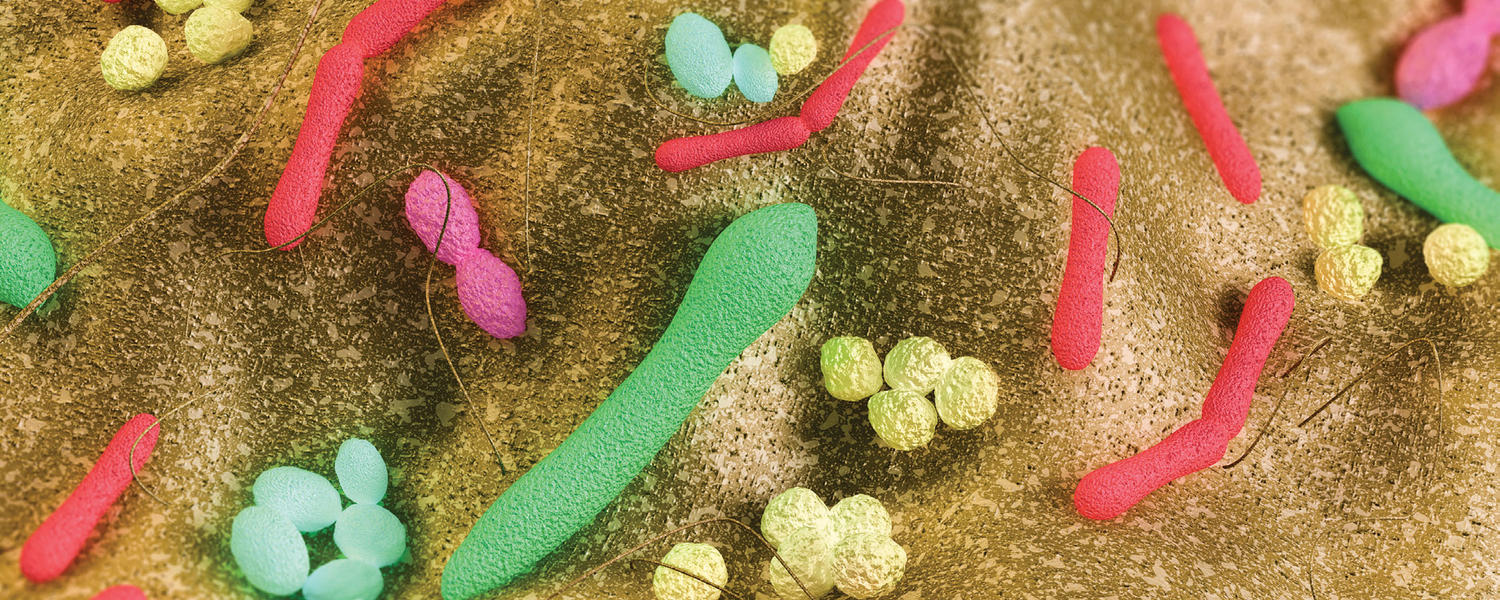
The microbiome is
a community of trillions of bacteria, parasites, viruses and fungi that live in and around us and play a major role in shaping and educating our immune systems. Every person has a unique microbiome, which plays an instrumental role in health and wellness, protecting us from pathogens and chronic diseases such as cancer, cardiovascular disease, diabetes, asthma, inflammatory bowel disease and chronic infections.
Research Platforms
Germ-free facility
- Generate animal models to study host-microbiome interactions
- Determine the cellular and molecular mechanisms by which the microbiome mediates its impact on the host
Real-time in vivo and in vitro imaging
- Elucidate mechanisms of host-microbiome interaction
- Assess the efficacy of interventions
Genomics, proteomics, and metabolomics
- Identify genes, proteins, and metabolites associated with diseases
- Understand the genetic basis of diseases
Bioinformatics
- Collect, analyze, and interpret biological information from omics
Mass cytometry
- Identify new biomarkers
- Characterize cell types in normal and disease states
Biobanking
- Conduct cohort studies
- Provide access to clinical samples and patient profiles
